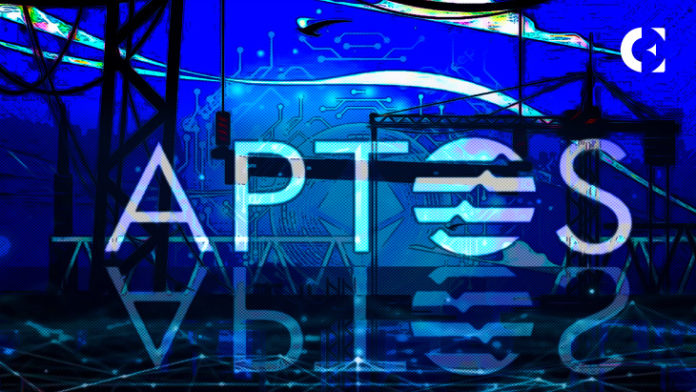- The South Dakota Senate passed a bill excluding crypto from the definition of money.
- The bill is paving a safe path for CBDCs by creating the framework for their adoption.
- Similar policies are being pushed in 21 states across the US with a pro-CBDC stance.
Crypto may soon be outlawed by definition in several states in the United States. The state of South Dakota is currently reviewing a bill that will amend the provisions of the Uniform Commercial Code (CBDC) to exclude crypto, including Bitcoin, from the state’s definition of money.
The bill was recently passed in South Dakota’s Senate with 24 votes in favor. It was introduced by the acting speaker of the House, Representative Mike Stevens, last month. The bill is reportedly being pushed in 21 states across the U.S. that have a pro-CBDC stance in order to create a framework for CBDC adoption.
According to the proposed bill, Money’s definition includes being authorized by a domestic or foreign government. “The term does not include an electronic record that is a medium of exchange recorded and transferable in a system that existed and operated for the medium of exchange before the medium of exchange was authorized or adopted by the government,” the bill read.
Dennis Porter, the co-founder and CEO of the Satoshi Action Fund, highlighted the alarming bill on Twitter earlier today. Porter revealed that the bill would pave a safe path for central bank digital currencies (CBDCs) while excluding crypto from the definition of money. The bill is apparently from the association of Banking supervisors, who are colluding with the UCC to push this amendment.
Dennis Porter, who is a fierce Bitcoin advocate, argued that the bill would ensure that only governments around the world could create money. Users on Twitter were quick to point out a loophole in the policy, El Salvador’s recognition of Bitcoin as a legal tender, which would satisfy the bill’s prerequisite for “Money” being authorized by a foreign government.
Disclaimer: The information presented in this article is for informational and educational purposes only. The article does not constitute financial advice or advice of any kind. Coin Edition is not responsible for any losses incurred as a result of the utilization of content, products, or services mentioned. Readers are advised to exercise caution before taking any action related to the company.










